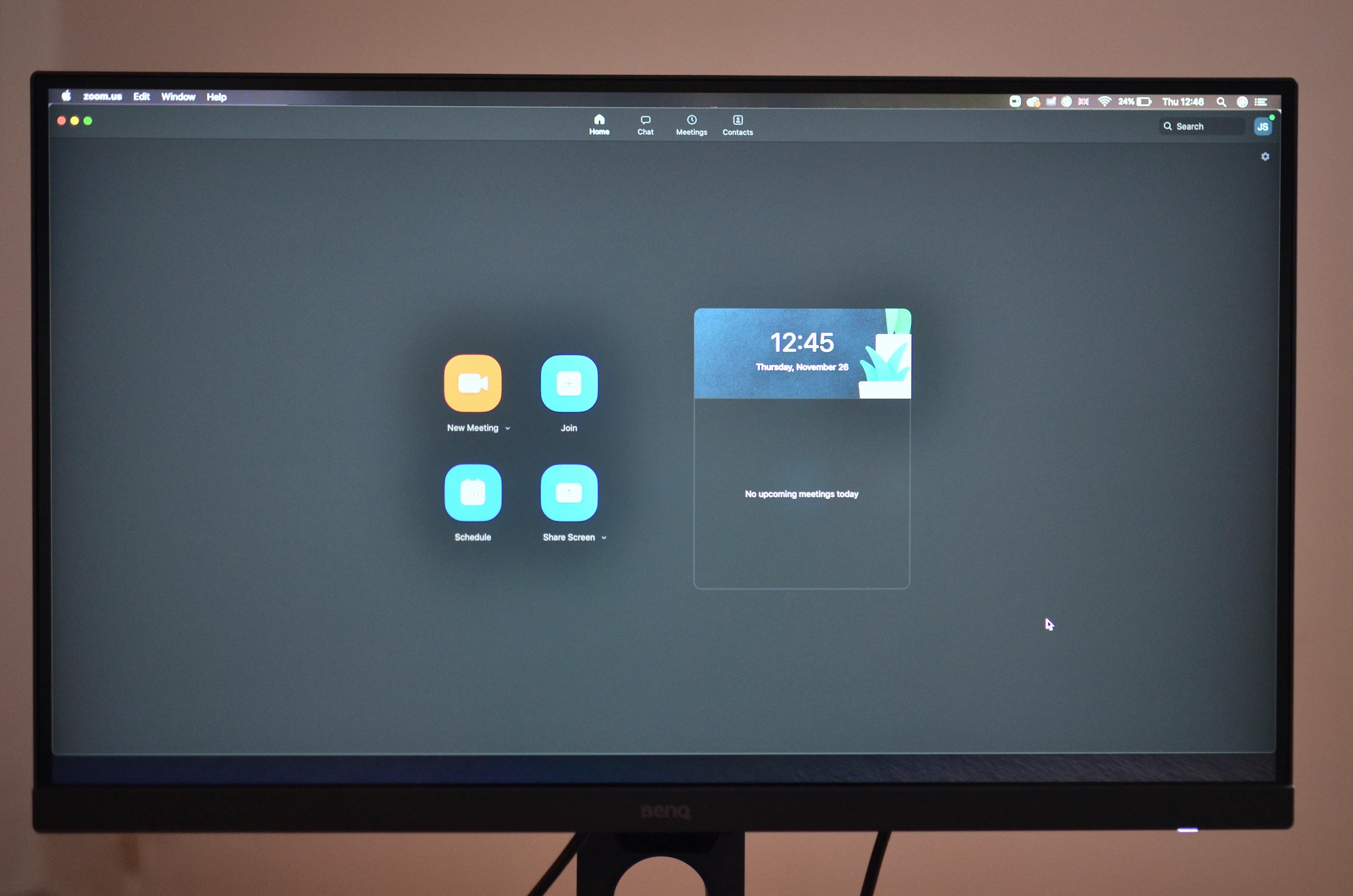“I am a editor.”
I don’t like copy writing, I don’t copy other people’s content and use it for my own benefits like Shakespeare!
Oh well, “How dare you drag our beloved Shakespeare into this filthy drafting Your business, he deserves not to be here!”
Trust me you have every right to be here as much as anyone else!
You must have heard of the tragic story of Romeo and Juliet, one of the oldest plays in history along with Hamlet!
But was it entirely Shakespearean to call him?
If you read a few Wikipedia pages, you’ll know it’s not!
The plot is originally based on an Italian tale translated into verse as The Tragic Story of Romeo Y juliet by Arthur Brooke in 1562 and narrated in prose in Palace of Pleasure by William Painter in 1567.
Shakespeare borrowed heavily from both, but expanded the plot by developing a number of minor characters, notably Mercutio and Paris.
Well now you must be wondering if you know Shakespeare at all.
I’m not telling you that you shouldn’t read Shakespeare from now on just for the sake of originality, I’m just trying to introduce you to a new definition of copied or more likely called “inspired” these days!
Do you understand now? No?
Unique and original is just a relative term in the reference time frame, well, there is actually nothing unique in nature!
Today, creativity is real because a creative person hides the copy clause of not-so-original content and replaces it with the fresh new “look”!
That’s pretty much about the copy, now what about drafting?
It must be something to do with copying other people’s content, or worst case scenario, people may think you can help them “protect” their content.
actually a editor it doesn’t do any of those.
So what do I really do? Curious?
Don’t hide it! Well, writing is included, but it’s more writing than copying!
The following guide can make you understand better.
The interview
HAS editor He is generally an attentive listener and at this stage talks but tries to gain a deeper understanding of the product or services provided by the customer.
The conversation is almost one way with the client narrating the need for their business and their consumers!
The conversation usually happens in a closed meeting room until different geographical locations are included, if that is the case then the meeting can also take place via Skype or over the phone where you will try to gain a deeper understanding of how you speak. and how it should be written. sound when one should read it!
Creativity (don’t you agree?)
Until future meetings, your editor will review the stack of notes you took!
Then the thought process begins where he decides how his business should look in front of customers!
Just as a reporter asks the celebrity questions and notes their answers, in the same way the editor you have to shape your way of speaking to make it look presentable to the audience.
The headline should be pulled from your conversation along with the body of the content and both should be interesting enough to be clicked on!
Such an easy task, right?
Wait until you see the unfiltered celebrity interview data and then just analyze if you like that celebrity!
The constant dedication of their media spokesperson makes them what they appear to be in front of you!
And if he stops interfering, then everything starts to fall apart!
Hear what everyone says, “You have to be a showman before you become an actor”!
the first draft
Once you’re done tackling the creative, the final writing takes place!
This thing you see has been thrown in the trash several times before it was molded into the first draft to be sent to you!
It has been written just for the readers to see and get their perspective. editor I could be wandering around town just to get your feedback on your business!
The next time your editor disappear, don’t jump on your horses right then, wait until he comes back with probably more ideas than before!
You can share your views with him on the first draft, but keep in mind, who is the expert?
Just kidding, or am I?
Refinement
Once your feedback is provided, the chain reaction is activated again from thinking and planning to writing!
He has to amend it again after his views and send it back to you!
As you can see, there are many stages to draftingand it’s a very collaborative process that includes feedback from both the client and readers.
You editor he’s your friend and will never give you advice that doesn’t pay off in the end, so reward him with as much information as he wants no matter how many times he asks.
Together we can all learn something, understanding?
